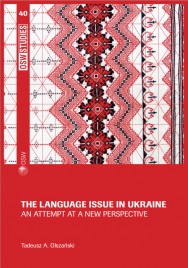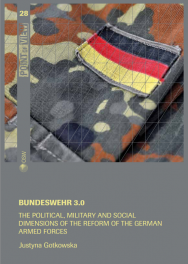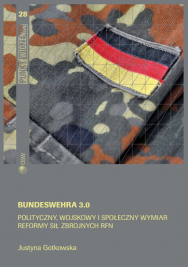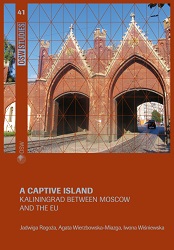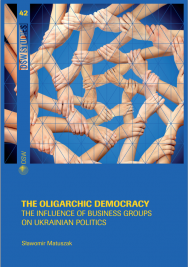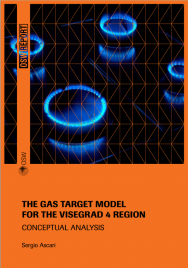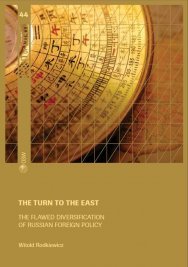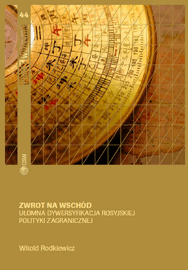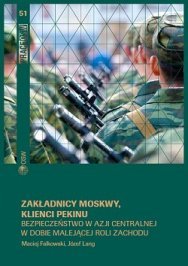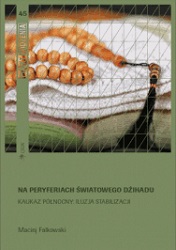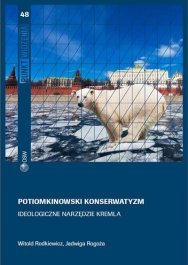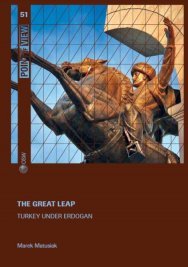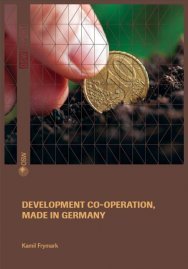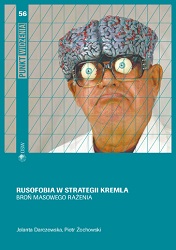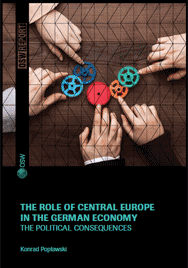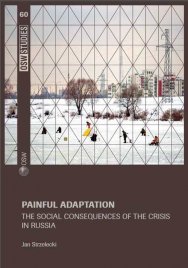
Painful adaptation. The social consequences of the crisis in Russia
Painful adaptation. The social consequences of the crisis in Russia
Keywords: Russian economy;Russian society;Russian Federation (RF);Vladimir Putin;econic crises;social costs;
The Russian economy has experienced what has proven to be the most painful crisis for society since Vladimir Putin became President of the Russian Federation for the first time. The crisis has worsened the financial situation of all classes of Russian society due to the high inflation rate and a decrease in real wages. It has severely impacted the standards of living of the most politically active segments of the middle class residing in big cities. For a large portion of society the crisis implies a permanent degradation and the need to focus on physical survival in a situation of poverty and extreme poverty. Crisis caused the decline in the social mood, what sometimes triggers isolated economically-motivated protests. Most of the time, society chooses not to manifest its discontent but to adapt to the new reality by focusing on individual survival strategies and limiting consumption. The government’s tactic aimed at minimising the likelihood of further protests mainly involves stepping up the repressive nature of the system and bolstering official propaganda. This is contributing to a progressing atomisation of society and hampering society’s self-organisation.
More...
